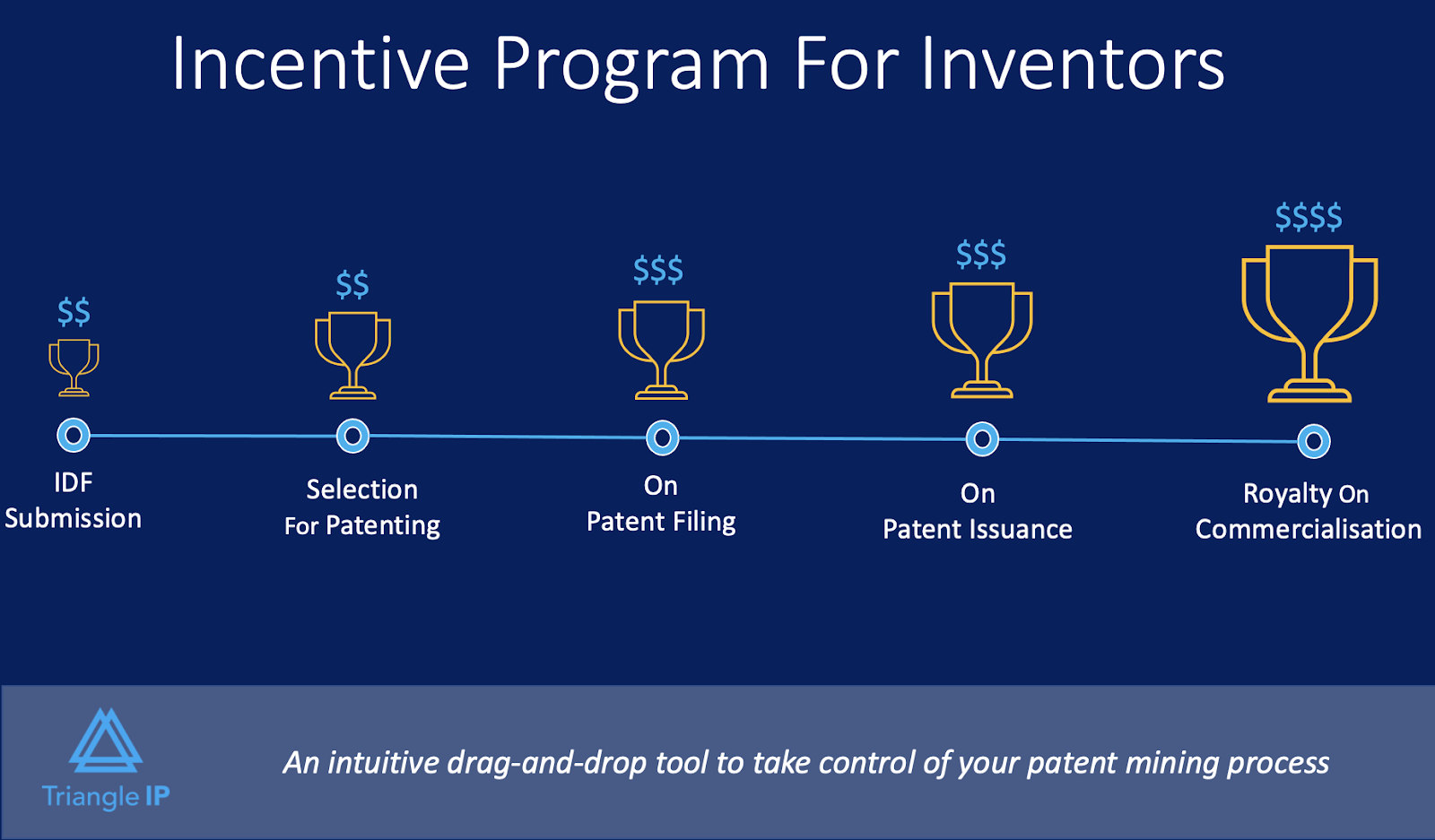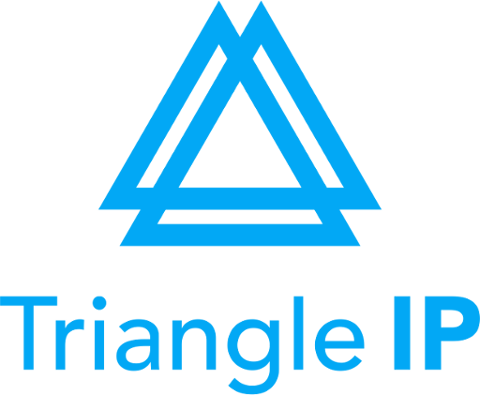About 15 years ago I was an outside patent counsel for a company. The company had tasked me with the job to increase the number of invention disclosures submitted from a particular division. I conducted a seminar for employees about the patenting process and its importance to the company. After the seminar I met with several scientists who were identified as particularly creative, and the most likely to have new inventions to document.
The first thing one of those scientists said to me in our meeting was, “Patents are at the absolute bottom of my priority list.”
In spite of the fact that this was a Fortune 500 company, this company’s policies provided employees with very little incentive to engage in the patent process. An employee’s patenting activity was barely acknowledged during annual reviews. And if an employee ended up listed as an inventor on an issued patent; guess what they got? All they received was a plaque and an invitation to a dinner held for all the company’s inventors for that year.
As that scientist bluntly stated to me, “Listen, you seem like a nice enough guy. But given everything I have on my plate, working with you is not worth my time.”
Inventor Bonus Programs
Companies have realized the need to do more to encourage participation in the long and time-consuming process of pursuing a patent on their innovation. Inventor bonus programs are designed to provide that incentive.
Two of the main goals of inventor bonus programs are:
- to encourage innovation
- to incentivize engagement in the patenting process
They do this primarily by providing cash bonuses for each act of engagement in the patent process. An employee might be eligible for different bonus amounts based on certain milestones. Milestones could be such as submitting an invention idea, the approval and filing of a patent application, and the issuance of a patent.
The amount awarded for different milestones and qualifying criteria for those milestones can vary widely. Some companies do not award a bonus for invention submission. While, some require approval of submissions before qualifying for any award. This is to avoid non-strategic invention disclosure submissions to rack-up bonus payments.

Companies also can modify the amounts awarded for different milestones as part of a strategy to use incentive programs. This shall be helpful to drive certain desired outcomes. For example, if the company is not receiving enough invention disclosures, they may want to increase the inventor bonus amounts for submissions. Conversely, if the company is being flooded with invention disclosures, they may want to decrease the bonus amounts for submissions.
In addition to providing an inventor bonus program, many companies ask about participation in their annual review. Discussing an employee’s patenting efforts demonstrates that such work is a valued and integral part of their job.
It is worth noting that any inventor bonus program incurs administrative burden to determine who is rewarded. The mechanics of distributing the additional pay is not without complexity. The prospect of a bonus for employees can also cause disputes on who should or should not be listed as an inventor to ripen the reward.
Companies That Don’t Use Inventor Bonus Programs
Like the company I described above from 15 years ago, some companies are still “all stick and no carrot” when it comes to trying to engage their employees in their patent program. These companies consider inventing to be part of an employee’s job duties and despise special bonus programs. It’s like a scene from the T.V. show Mad Men in which the character Peggy confronts her boss Don about not giving her credit for an idea:
Don: “It’s your job! I give you money, you give me ideas.”
Peggy: “And you never say thank you.”
Don: “THAT’S WHAT THE MONEY’S FOR!”

credits:giphy
For small startups with this attitude, the employee’s “reward” is thought to be the overall growth of the company along with their equity. Any monetary compensation aside from an employee’s salary would simply come from any stock or options the employee may hold. (if the value of stocks is increasing)
For large companies avoiding bonus programs, the employee’s “reward” is a positive annual review and getting to keep their job. This puts a different spin on the review process than the type of acknowledgement of employees’ extra efforts described above. Instead, in this context employees are required to explain how they engaged in the patent program (or not) to avoid potential negative review.
An employee in such an environment might view engagement with the patent process a burden or even not worth their time. As a result such companies lose out on many ideas, which could have strengthened their patent portfolio and hence their position in the market.
Conclusion
Inventor bonus programs incentivize employees to innovate and to engage in the patenting process. Companies can modify their incentive programs to drive certain desired outcomes, such as the number and quality of invention disclosures. In the absence of such programs, companies risk creating an environment where employees view engagement in their patent program as a burden and not worth their time and effort unless participation is emphasized in the review process. Socializing the importance of a patent portfolio will help in any event to create a culture of capturing the best innovation that will enhance the enterprises value.
Note: The preceding is general business advice and not to be construed as legal advice. IP laws vary by country and retaining licensed legal counsel is advised to confirm this information. Any expressed or implied opinions are of the author and do not necessarily reflect the views of Triangle IP or any other entity who might be associated with the presenter. We hope this content is helpful to you, but should not be relied upon without confirming the advice and accuracy with local legal counsel. Any comments or inquiries are not confidential so please discuss your issues directly with counsel.





